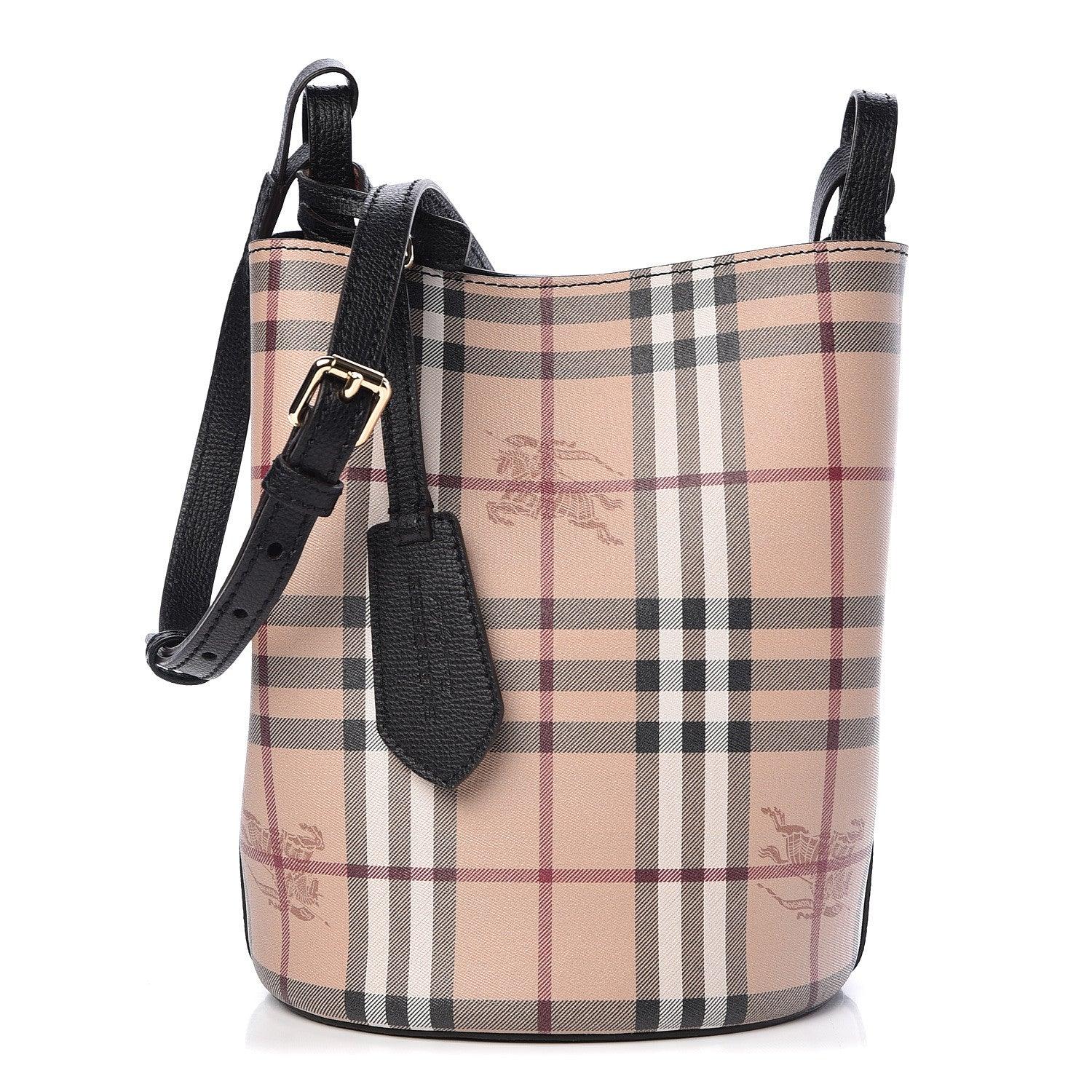The Fashion Landscape: A Tale of Two Worlds
The fashion industry is a dynamic and ever-evolving realm that encompasses a wide array of styles, trends, and preferences. At the heart of this vibrant ecosystem lies the dichotomy between fast fashion and traditional fashion, a contrast that is particularly pronounced in the domain of designer bags.

Fast Fashion: The Vanguard of Trendiness
Fast fashion brands such as MK, Guess, and Coach have disrupted the traditional fashion landscape by offering rapid responses to the latest trends at affordable price points. These brands excel in producing designer-inspired handbags that cater to the demands of fashion-forward individuals seeking trendy accessories without breaking the bank.

Traditional Fashion: The Epitome of Elegance
In stark contrast, traditional fashion houses like Ted Baker, Valentino, Burberry, and Moschino epitomize elegance, luxury, and exclusivity in the realm of designer bags. These esteemed brands prioritize superior craftsmanship, exquisite materials, and timeless designs, ensuring that each handbag is a masterpiece of artistry and sophistication.

The Quality Conundrum
One of the fundamental distinctions between fast fashion and traditional fashion pertains to the quality of the products. While fast fashion brands prioritize speed and affordability, traditional fashion houses place a premium on quality, durability, and attention to detail. This stark difference underscores the age-old debate between quantity and quality, leaving consumers to ponder whether a multitude of trendy handbags trumps the enduring allure of a meticulously crafted luxury piece.

Price Points and Prestige
Price often serves as a defining factor in the decision-making process between fast fashion and traditional fashion. Fast fashion brands lure consumers with budget-friendly options that mimic the aesthetics of luxury handbags from renowned designers. On the other hand, traditional fashion houses command premium prices for their exclusive creations, positioning their handbags as symbols of prestige, sophistication, and discerning taste.

The Art of Branding
Branding plays a pivotal role in shaping consumer perceptions and preferences within the designer bag industry. While fast fashion brands rely on mass appeal and trend-driven marketing strategies, traditional fashion houses leverage their heritage, legacy, and brand equity to cultivate a sense of desirability and exclusivity among discerning clientele.

Sustainability and Ethical Considerations
Amidst the ongoing discourse on sustainability and ethical practices in the fashion industry, the divide between fast fashion and traditional fashion becomes even more pronounced. Fast fashion's emphasis on rapid production cycles and disposable trends often raises concerns about environmental impact and labor practices. In contrast, traditional fashion brands are increasingly embracing sustainable initiatives, ethical sourcing, and transparent manufacturing processes to align with evolving consumer values.

The Consumer Dilemma: Choice and Consequence
For consumers navigating the realm of designer bags, the choice between fast fashion and traditional fashion extends beyond aesthetics and affordability. It reflects personal values, style preferences, and a deeper understanding of the fashion industry's impact on society and the environment. Each purchase serves as a statement of individuality and a reflection of one's values, contributing to the ongoing dialogue surrounding sustainability, craftsmanship, and conscious consumption.

Conclusion: Navigating the Fashion Terrain
As the fashion landscape continues to evolve, the dichotomy between fast fashion and traditional fashion in the realm of designer bags remains a compelling narrative of innovation, tradition, and consumer choice. Whether you gravitate towards the instant gratification of fast fashion or the enduring elegance of traditional fashion, the world of designer bags offers a diverse tapestry of styles, stories, and statements waiting to be explored and embraced. Ultimately, the choice between fast fashion and traditional fashion is not merely a choice of style but a reflection of values, ethics, and the legacy we wish to leave on the fashion landscape.









